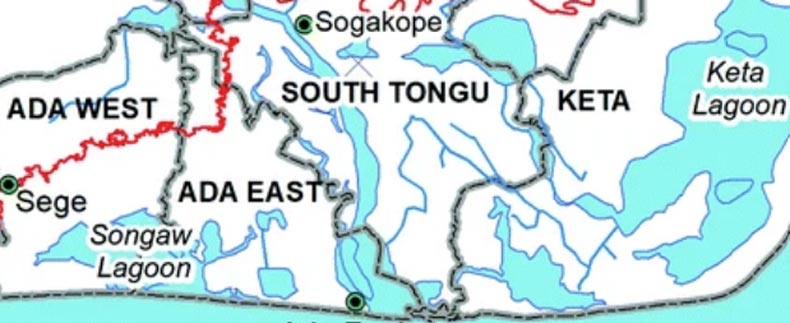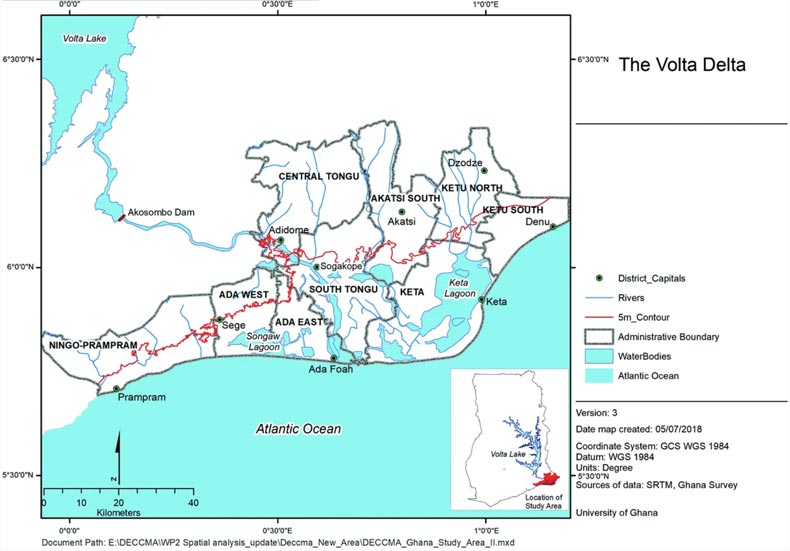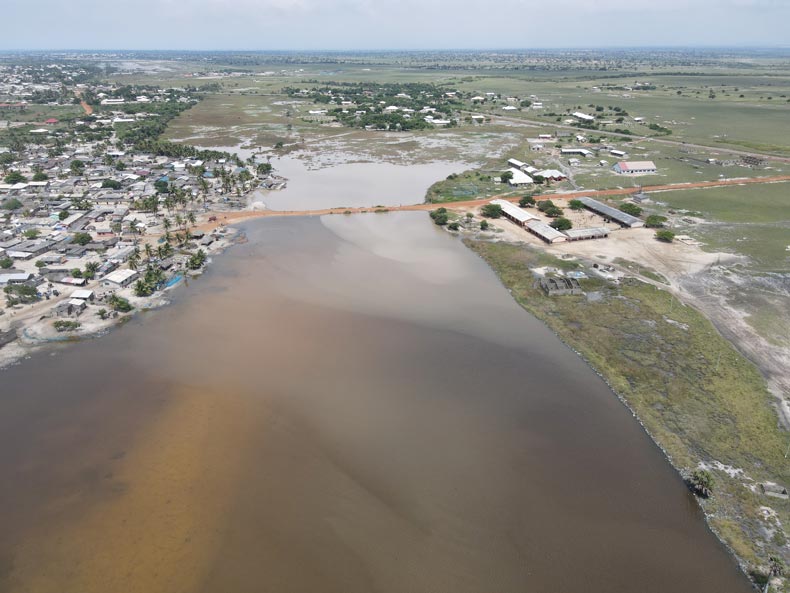NATURE-BASED CARBON OFFSET
We are pleased to confirm our partnerships with University of Cape Coast Coastal Management Center, Volta Revival Foundation, the Federal Ministry for Lands and Natural Resources, the Wildlife Management Centers for Ada and Keta, Sun Moksha and other traditional leaders and community stakeholders as we launch our plans to reforest over 1,000 hectares of mangroves in 2023.
We anticipate the opportunity to reforest an additional 4,000 hectares of mangroves in these same areas which are comprised of three distinct locations with approximately 40,000 hectares of gross land area identified for this particular project. We will also work to conserve as least an additional 10,000 hectares of mangroves in these three areas of fragile biodiversity along the Ghana coast.
The additionality component to complement the conservation efforts will include the development of small bamboo farms with the cooperation of local family landowners. These bamboo farms 50-100 hectares each will offer opportunities for economic development was well as substitute material for mangroves. Currently mangroves are used for fuel and fish smoking. Our work will include consultations with communities to find acceptable solutions for their needs. We will also develop long-term employment opportunities for area residents who will monitor the mangroves, support nursery development and maintenance and provide education for children and adults in the communities regarding the value of conserving the biodiversity of the areas.
Having the United Nations Sustainable Development Goals as a guide for our long-term goals for these projects our plans include support for improved education, healthcare and small business development with a special focus on women and youth. The voluntary carbon market for blue carbon can offer a means to provide long-term financial opportunity for the local economy and residents.

From: The Volta Delta, Ghana: Challenges in an African Setting


Here’s the thing: It’s almost impossible for a company to offset all of its GHG emissions with in-house green initiatives. That’s why eco-conscious companies purchase carbon certificates.
Carbon certificates are market-traded commodities that represent a specific, predetermined amount of carbon pollution. When a company “retires” a carbon certificate, they are “canceling out” the same amount of CO2 from their overall carbon footprint.
Carbon Offsets allow companies to compensate for their greenhouse gas emissions.
Carbon Offsets are generated from projects around the world that pull Greenhouse Gases out of the atmosphere.
Carbon Offset certificates will expire within two to three years, or five years at the maximum.